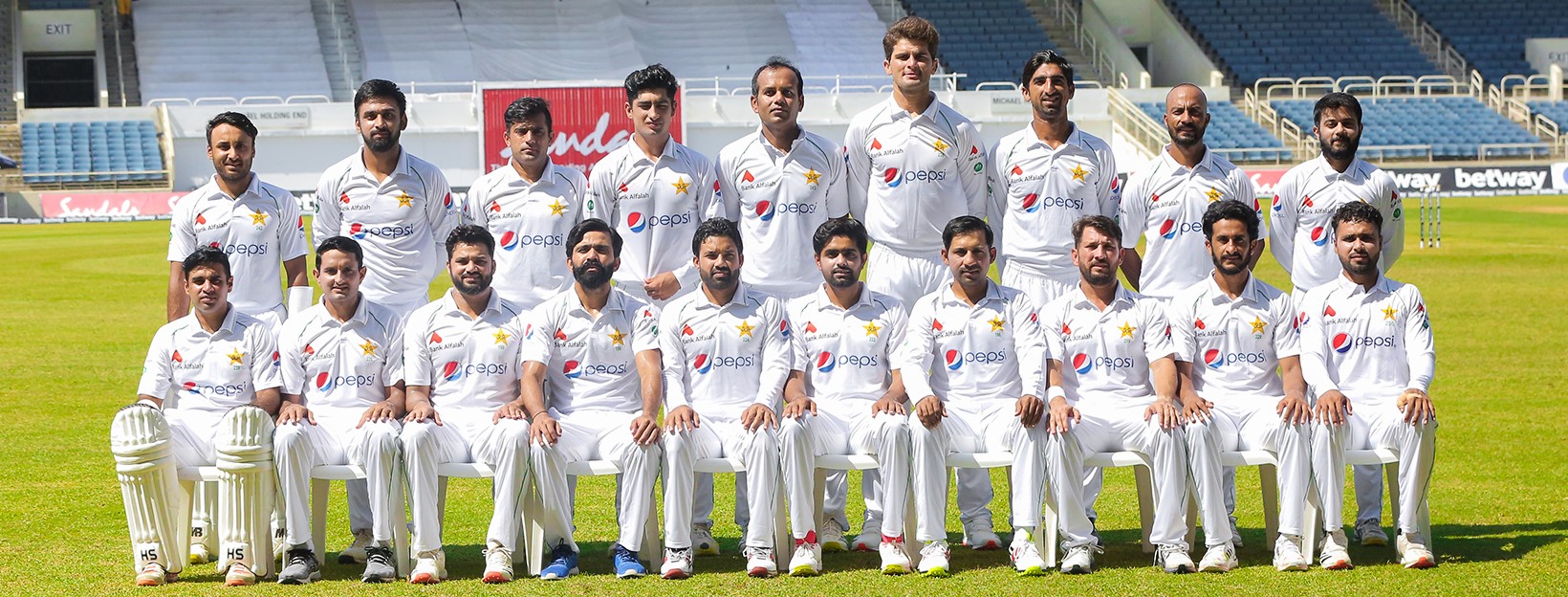Introduction
Pakistan cricket is currently navigating through one of its most tumultuous phases, marked by leadership instability, poor performances, and a lack of long-term vision. Over the past three years, the Pakistan Cricket Board (PCB) has cycled through multiple chairmen, coaches, and captains, creating chaos both on and off the field. The early exit from the ICC Champions Trophy 2025, despite being the defending champions and hosts, highlights the deep-rooted issues plaguing the team. This article examines the leadership crisis in Pakistan cricket, identifies essential traits for a successful captain, and evaluates current players to propose the best candidates for captaincy across all formats.
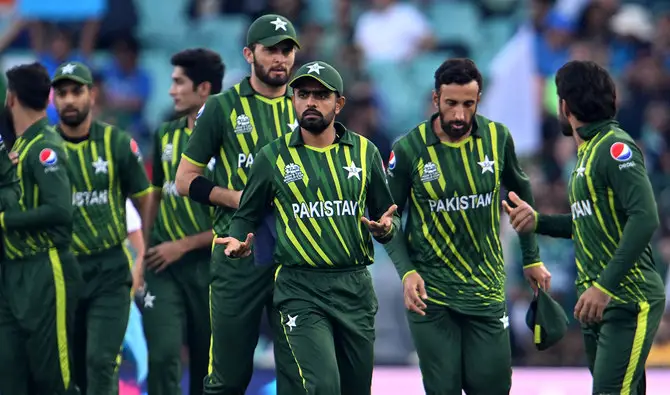
The Leadership Crisis in Pakistan Cricket
Instability in Leadership
The frequent changes in captaincy have left the team directionless. Since 2022, Pakistan has had four different captains across formats, with none managing to establish themselves as a stable leader. This inconsistency has disrupted team cohesion and undermined player confidence. The resignation of Babar Azam as Test captain in late 2024 further highlighted the leadership vacuum.
Systemic Dysfunction
The PCB’s erratic decision-making process has exacerbated the crisis. Political interference, favoritism in player selection, and short-term fixes have created an environment where captains are unable to execute long-term strategies. For instance, disagreements between PCB Chairman Mohsin Naqvi and former captain Mohammad Rizwan over squad selection for the Champions Trophy 2025 exemplify this dysfunction.
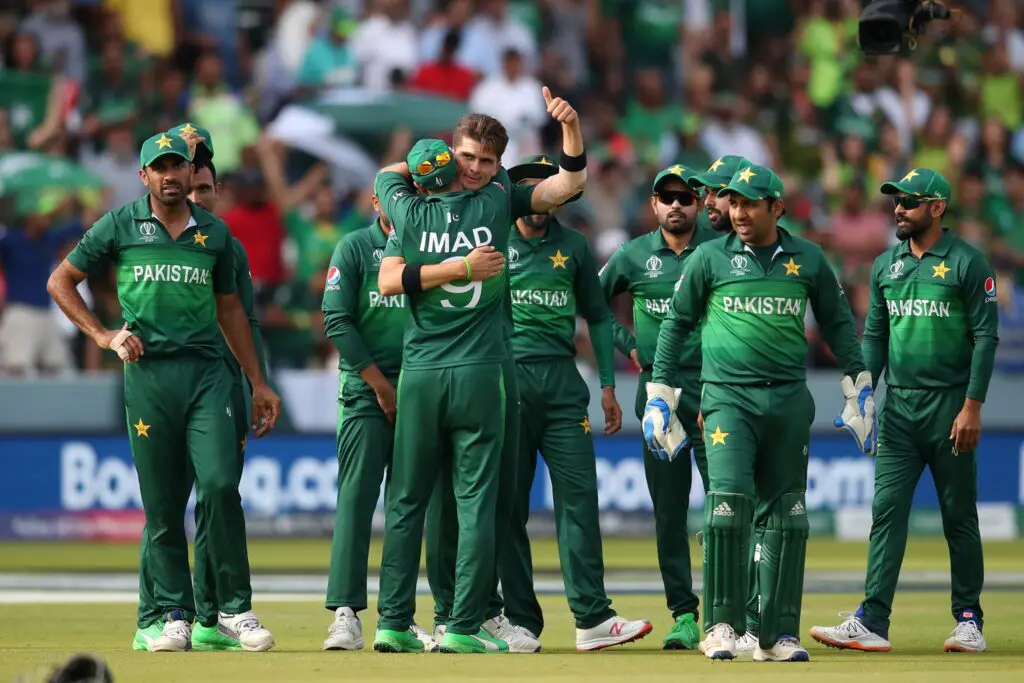
Impact on Performance
The leadership void has directly impacted on-field results:
- Test Cricket: Pakistan is at the bottom of the World Test Championship standings and hasn’t won a home Test since 2021.
- ODIs: Group-stage exits in consecutive ICC tournaments (2023 CWC, 2024 T20 WC, 2025 CT) reflect a decline in competitiveness.
- T20Is: A lack of innovative strategies and poor execution under pressure have led to defeats against lower-ranked teams like Afghanistan and Ireland.
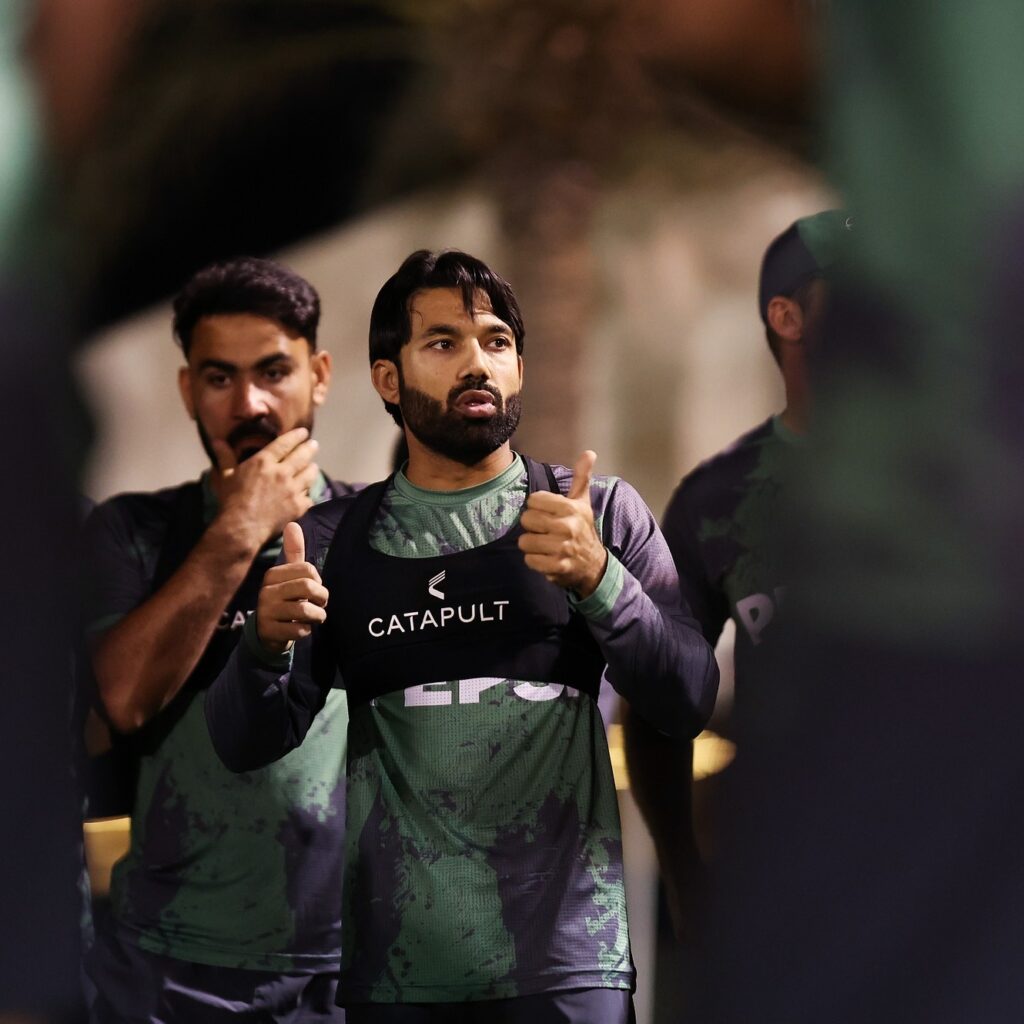
Essential Traits for a Great Captain
A successful cricket captain must possess a blend of leadership qualities, tactical acumen, and interpersonal skills. Here are some key traits:
- Leadership Skills
- The ability to inspire and motivate teammates.
- Leading by example through consistent performances.
- Strategic Thinking
- Quick decision-making under pressure.
- Tactical awareness to adapt plans based on match situations.
- Effective Communication
- Clear articulation of strategies and roles to players.
- Maintaining open lines of communication with coaches and selectors.
- Game Awareness
- Understanding pitch conditions, weather impacts, and opposition strengths/weaknesses.
- Making informed decisions about field placements, bowling changes, and batting orders.
- Mental Toughness
- Staying composed during high-pressure situations.
- Handling criticism gracefully while maintaining focus on team goals.
- Team Building
- Fostering unity among players with diverse personalities.
- Creating a positive environment that encourages growth and accountability.
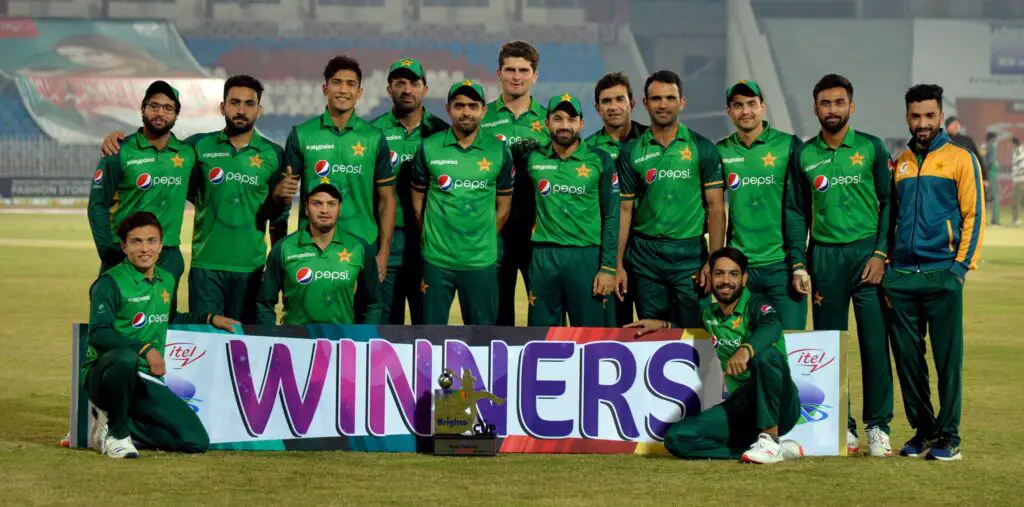
Evaluating Current Players for Captaincy
Based on these traits, let’s analyze potential candidates from Pakistan’s current squad to identify the top three choices for captaincy in Test cricket, ODIs, and T20Is for 2025–2026 and beyond.
1. Test Cricket
Test cricket demands patience, resilience, and tactical depth. The ideal captain must be experienced and capable of handling long-format challenges.
- Mohammad Rizwan: Known for his calm demeanor and consistency as a wicketkeeper-batsman. Rizwan’s ability to lead from the front makes him a strong contender.
- Shaheen Afridi: A proven match-winner with leadership experience as Lahore Qalandars’ PSL captain. His aggressive mindset can rejuvenate Pakistan’s Test side but may need mentoring to refine his tactical skills.
- Imam-ul-Haq: A technically sound batsman with experience in anchoring innings. While not as vocal as others, his steady presence can provide stability.
Top Pick for Test Captaincy: Mohammad Rizwan – His composure under pressure and proven leadership qualities make him the best choice for reviving Pakistan’s Test fortunes.
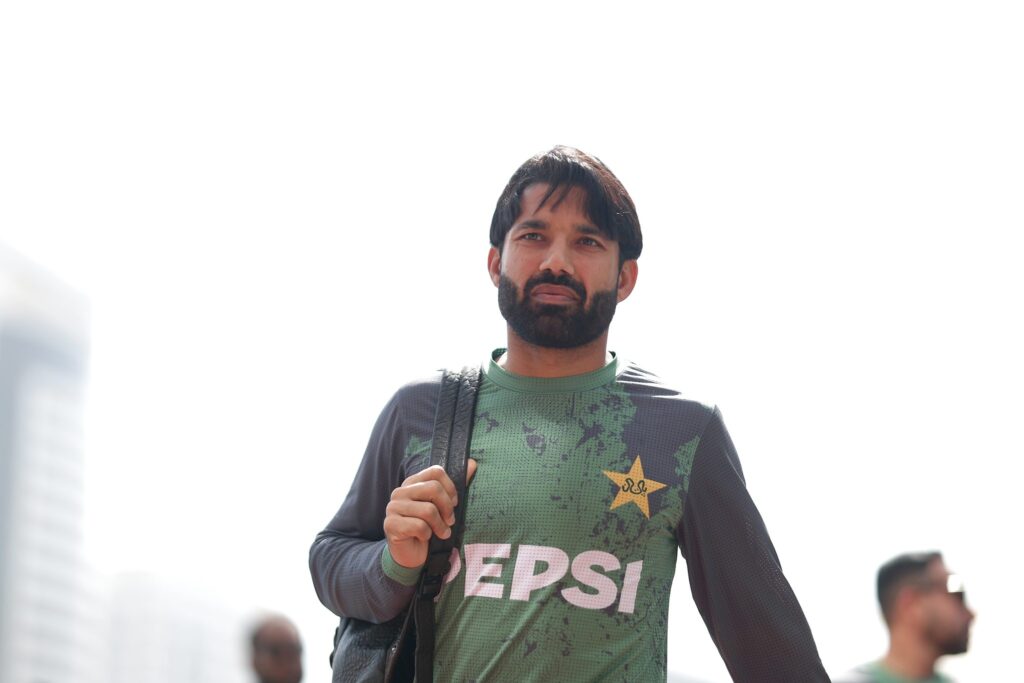
2. One-Day Internationals (ODIs)
ODI captaincy requires balancing aggression with strategy while managing player rotations effectively.
- Babar Azam: Despite stepping down as Test captain, Babar remains one of the best ODI batsmen globally. His understanding of modern ODI tactics makes him an asset.
- Shadab Khan: A dynamic all-rounder with experience leading Islamabad United in PSL. His energy on the field can inspire younger players.
- Fakhar Zaman: An explosive opener who can lead by example with his fearless approach. However, his inconsistency may be a concern.
Top Pick for ODI Captaincy: Shadab Khan – His versatility as an all-rounder and leadership experience in domestic cricket position him well to lead Pakistan’s ODI resurgence.
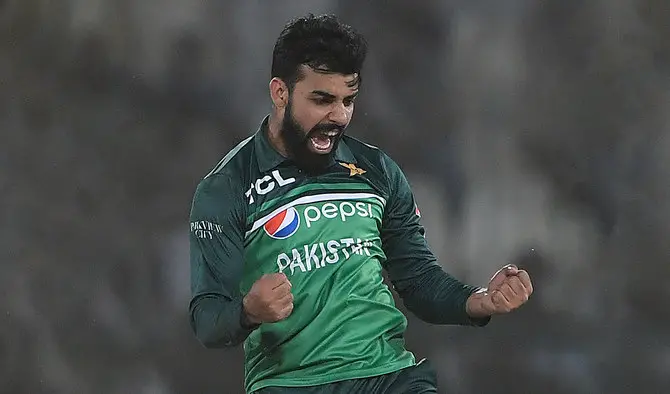
3. T20 Internationals (T20Is)
T20 cricket demands quick thinking, innovation, and adaptability due to its fast-paced nature.
- Shaheen Afridi: His aggressive bowling style and PSL success make him an excellent fit for T20 captaincy.
- Shadab Khan: His experience as vice-captain in T20s gives him an edge in understanding team dynamics.
- Iftikhar Ahmed: A seasoned campaigner known for finishing games under pressure. While not a long-term option due to age, he could serve as a transitional leader.
Top Pick for T20 Captaincy: Shaheen Afridi – His attacking mindset aligns perfectly with the demands of T20 cricket.
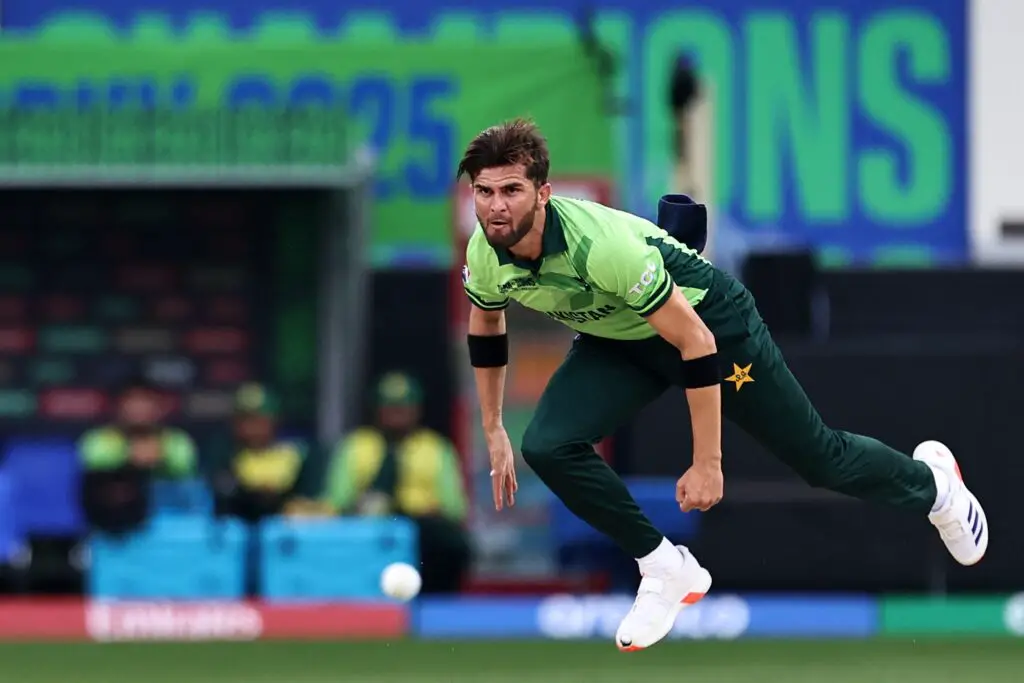
Conclusion
Pakistan cricket is at a crossroads where strong leadership is essential to steer the team out of its current crisis. The frequent changes in captaincy have only added to the instability plaguing all formats of the game. To rebuild its standing on the global stage, Pakistan must prioritize appointing captains who embody resilience, strategic thinking, and effective communication.
For 2025–2026:
- Mohammad Rizwan is best suited to lead the Test side due to his calmness and experience.
- Shadab Khan offers versatility and energy needed for ODIs.
- Shaheen Afridi brings aggression and innovation ideal for T20s.
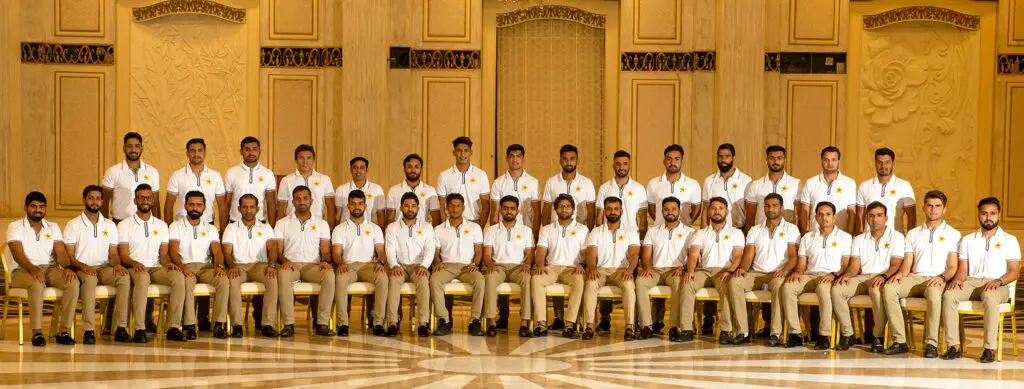
By entrusting these players with long-term leadership roles and supporting them with consistent policies from the PCB, Pakistan can lay the foundation for sustainable success across all formats. Leadership stability is not just about winning matches—it’s about restoring pride in Pakistan cricket while inspiring future generations to dream big.

